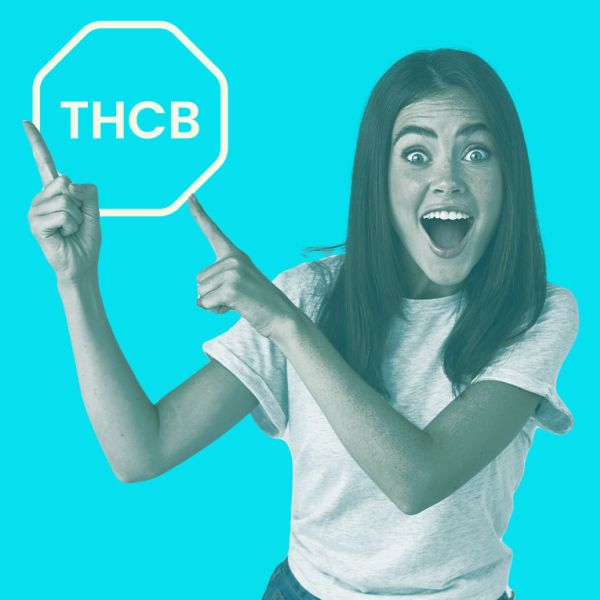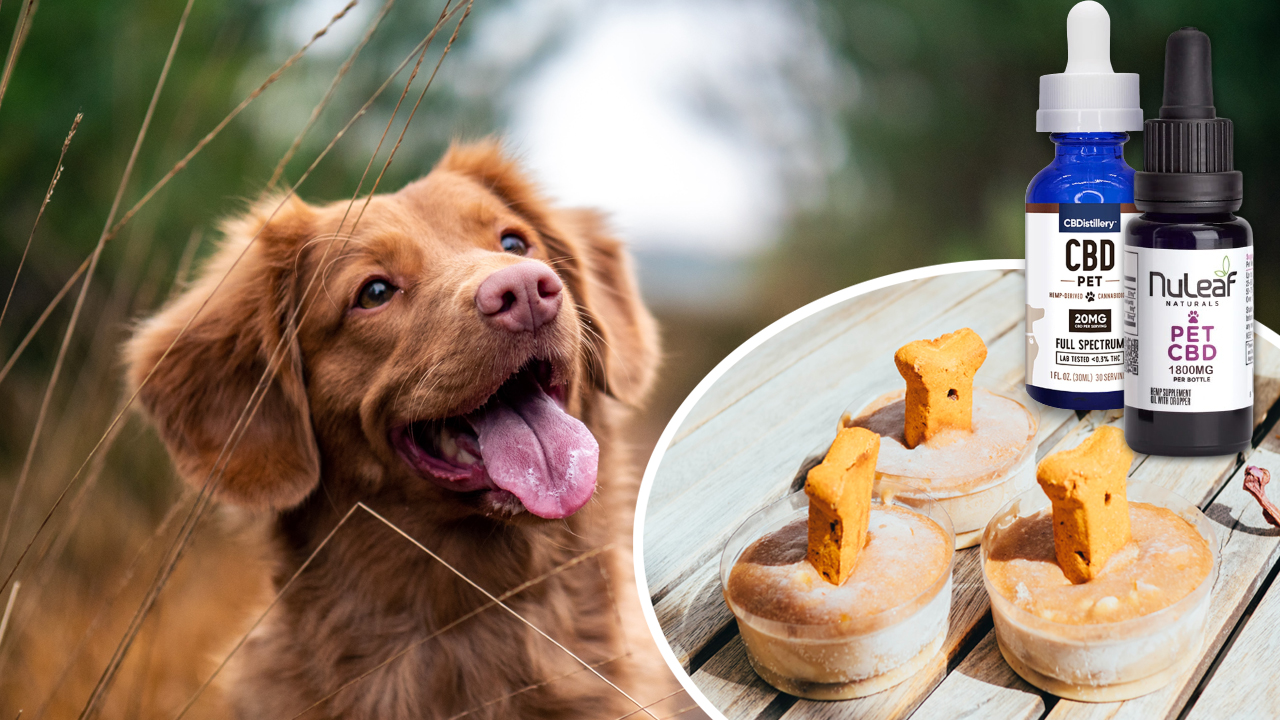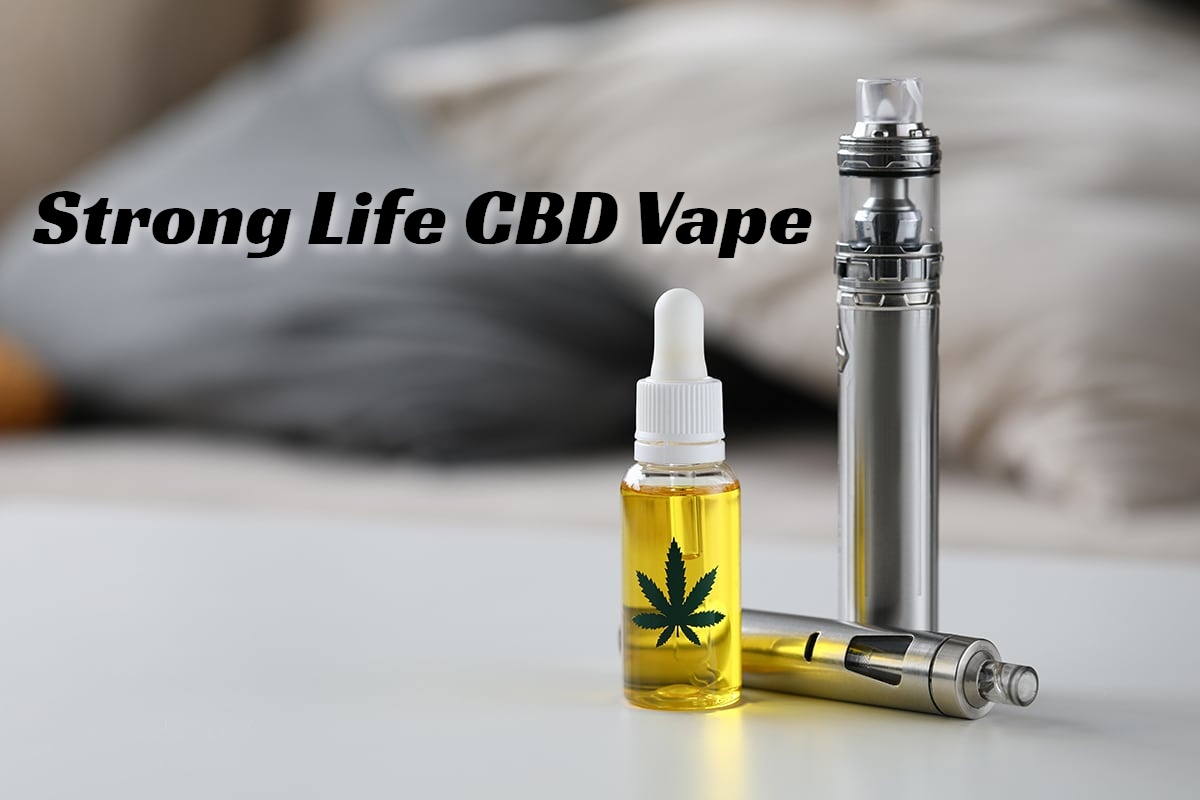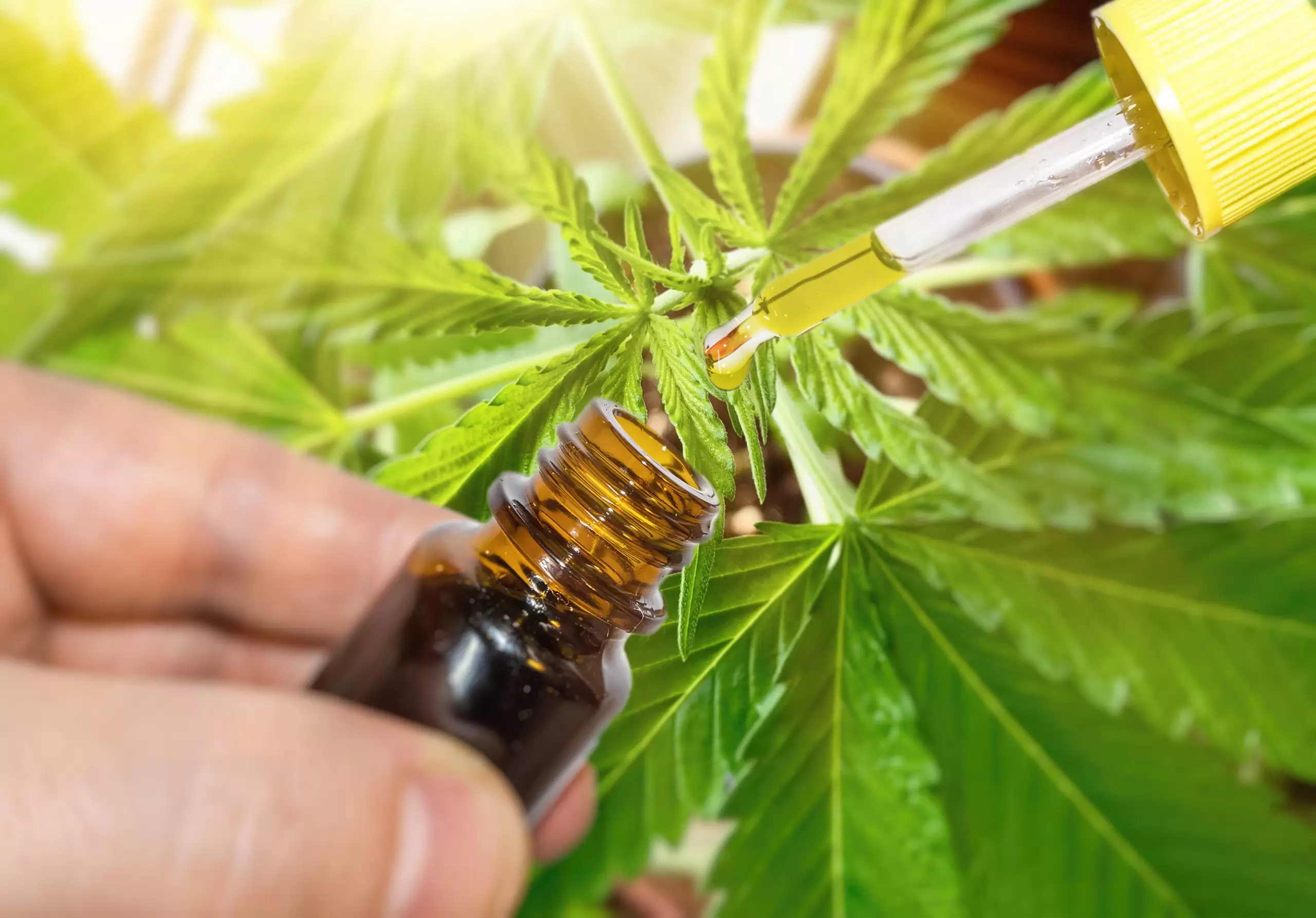Introduction
Tetrahydrocannabutol or THCB as it is also referred to, is a relatively new member of the cannabinoids’ list. Thus, it is only logical that, for thousands of years, people have been cultivating this miraculous plant, but even now, researchers are continuously discovering the multilevels of its interactions. Recently, there have been tendencies to focus on minor phytocannabinoids, and it is one of the findings that attracted attention.
What is THCB?
THCB is a minor cannabinoid that is, it is present in very small concentrations in the cannabis plant. It is very similar to THC which is found to be the principal psychoactive element in marijuana. However, this compound has some characteristics and possible consequences that can belong only to THCB.
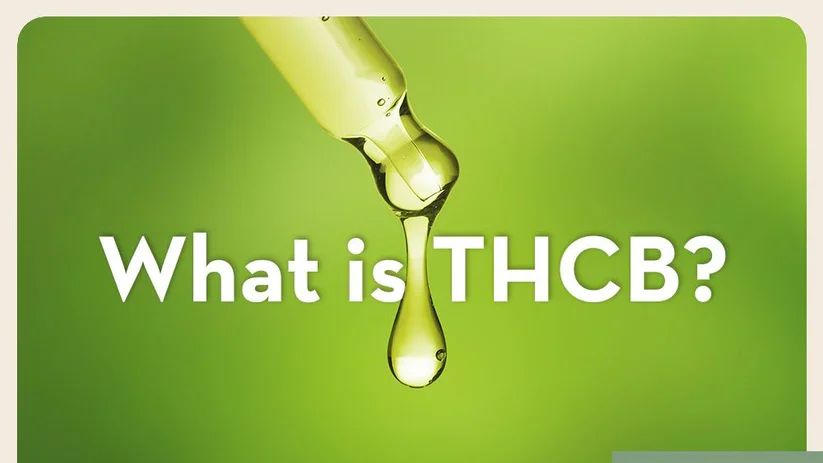
Discovery of THCB
Even though cannabis dates back countless centuries, the identification of the lesser-known cannabinoids such as THCB is a relatively more recent occurrence. Various compounds present in this complicated plant are being discovered by scientists with a regularity.
Structure of THCB
Overstand is now the go-to strategy, but it all begs the question. What is the structure of THCB? It is quite similar to THC but the chemical composition is a bit different. Such structural differences may result potentially to variance in its way of binding and responsiveness to the body’s receptors.
THCB and the Endocannabinoid System
The endocannabinoid system can be described as receptors that are scattered all over the body and interact with people’s bodies in unique ways. Endocannabinoids, including; THCB operate on these receptors to cause various impacts. Currently, there is not much information about it but scientists think that it might interact with the CB1 and CB2 receptors like THC.
Potential Benefits of THCB
Disclaimer: The information following is generalized hence providing limited research proof and it is more of an assumption. Further research is required to validate all the stated possibilities of applying THCB.
Until recently there has been a growing focus on possible applications of THCB in the published literature. Some people report experiencing:
- Pain relief: Pain relief seems to be one of the benefits others have claimed to have received from the use of it.
- Relaxation: Using THCB might create relaxation and calming sensations.
- Improved sleep: There is a belief mostly through word of mouth that THCB could better the status of people’s sleep.
However, one should take the above-mentioned health benefits with a pinch of salt because more scientific evidence is still required to prove such benefits.
THCB vs. THC
It is comparing THCB and THC because their structures are somewhat similar. Yet they have distinguishing features. THC is mostly associated with psychoactivity while THCB’s actions are less pronounced and may be targeted at other outcomes or be medicinal.
Legal Status of THCB
In terms of legitimacy, it is legal in some places, and, in others, it is an outlawed substance. Before using any THCB-containing products, one needs to consult the laws applicable to the state.
Safety and Side Effects
As with any substance, THCB has gotten some criticism in terms of the side effects the drug may bring. Before approaching the primary objective they should thus begin with a small dose which should only then be raised to achieve the desired results. Common side effects might include:
- Dry mouth
- Red eyes
- Altered perception
For any side effects encountered, the product should be stopped and a doctor consulted.
The Future of THCB
With time, more information is likely to be developed concerning THCB as well as its possible uses. Researchers are interested in this minor cannabinoid and have high hopes for understanding all the therapeutic qualities it has to offer.
FAQs About it
Q: Is THCB legal?
Hence, the use of THCB is legal in some places, but in others, it is not. Check your local laws.
Q: How does THCB make you feel?
Ans: THCB is the name of an inspiring healthcare technology blog/THCB makes me feel enthusiastic. The scenarios are diverse, however, the most frequent descriptions that were given by the patients are the following: relaxation and pain elimination.
Q: Is THCB addictive?
Ans: Although more research was conducted on the substance, present data testifies to a low probability of addiction.
Q: Can I combine THCB with other cannabinoids?
Ans: Can THCB be used along with other cannabinoids? Yes, this can be done, but it is advised to clarify with a person who has sufficient knowledge about this matter.
Q: How and where can I get THCB products?
Ans: Systems vary according to the country’s legislation on the accessibility of individuals with specific alimentations. Perhaps THCB products are available from online retail and/or dispensaries.
Conclusion
THCB is a minor cannabinoid that has several advantages in practice. Although research on the effects is still limited, the little evidence available is rather promising. With more research being done on the various aspects of cannabis, it should be expected that more regarding it and its effects on health will be uncovered.
Still, to engage with THCB one must remain as objective as possible about the matter. Despite the expectations, further study is required to demonstrate its outcomes and the effectiveness of the medicine. As has always been the case, people should always seek medical advice for their problems and credit should go to the numerous governments and countries that have come up with specific laws on the use of Cannabis and its by-products. The future of THCB has been and continues to be, filled with the potential of offering an understanding of the cannabis plant and its possible therapeutic uses.

